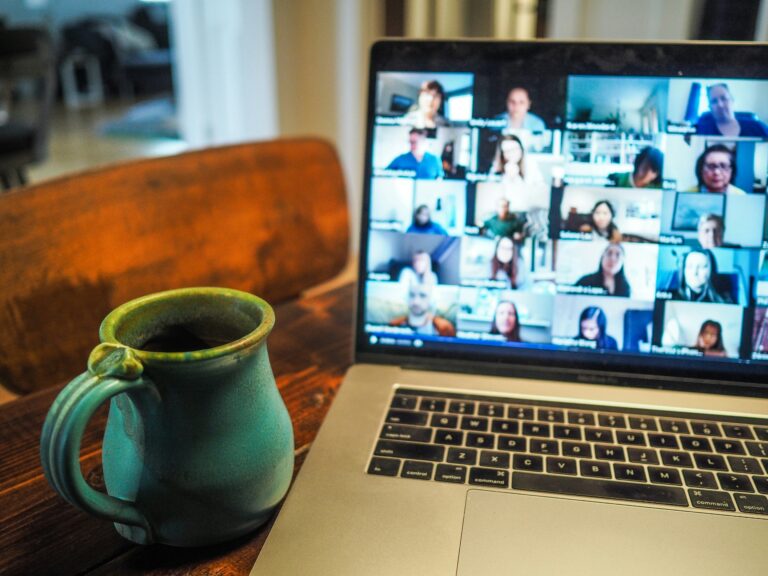You begin your day jumping out of bed with an aim to be on the road ahead of anyone. Regardless of your means of transport, you and the rest of the working class- ‘executives,’ ‘officers,’ ‘advisers,’ ‘clerks,’ ‘assistants,’ go through the same ordeal in order to step at the office doorstep on time. And going back home, you describe your day as ‘toxic’.
Yet things will be the same tomorrow.
For years, it seems unnoticed how your day passes. Most often than not, it has become your habit extending work beyond regular working hours, neglecting other things that are also worth doing. You say, “There’s not enough time,” “I don’t have the time,” or “Time is too fast.”
But life is fair. Everyone is equally blessed with twenty-four hours, with each second ticking at the same pace for everyone.
Like any other units of measurement, time is constant. It is your basis of determining how much has been completed within a “prescribed” amount of time. With the so many things competing for your attention, you can’t seem to synchronise with time. You decide to be strict with the overused “time management.”
But think about this: Time can’t be considerate. It doesn’t wait for you. It doesn’t cheat. It doesn’t break policies.
Why not focus on the ‘self’ instead? In this way, you will no longer describe work as toxic and time being not enough. Try managing your ‘self’. You do this to be able to achieve all that you expect to achieve within your self-imposed timeline without having to self-destruct.
Should you decide to do self-management, becoming productive and ending a day happy should be secondary. Before anything else, make sure the body is able and ready. So get out of the self-destructive habit of pulling your tired body out of bed. SLEEP EARLY or have enough rest (at least in the evening).
After a good sleep, any of these would surely be second nature to you to start your day.
“Wake up early.”
“Smile!”
“Greet my workmates.”
“Make a list of what to do for the day.”
“Have a great cup of coffee…”
“Plan for the day.”
Since everyone has 24 hours to consume each day, instead of starting with work matters, you begin by setting aside eight hours for sleep, the second eight hours for work, and the third eight hours for other personal matters.
With your eight hours at the office, you don’t need to extend beyond the regular work hours because you will surely complete what you plan to achieve. You can focus at maximising what you can do with your constant eight hours for work knowing that you still have the third eight hours for your personal activities. So you leave the workplace at exactly five and be home at least one or two hours before you hit the bed.
Now, your concern is about completing what you need to complete for each eight-hour work. At the workplace, there are so many things that compete for your attention and they seem to be all important. Bosses and customers bug you for something they claim to be urgent. Friends or family bother you about things you can’t ignore. And there’s the tempting FB, IG, Viber, Whatsapp, WeChat, Tinder, Messenger among others!
You probably could figure out now how you can use the last eight hours.




